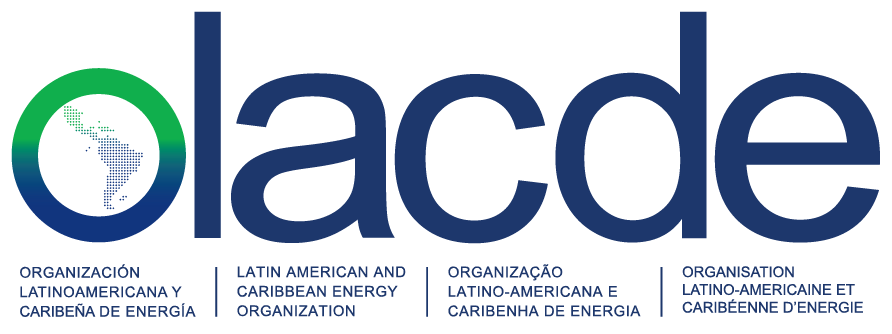Throughout 2024, significant progress was made toward regulating and institutionalizing the energy transitions of the Member States of The Latin American and Caribbean Energy Organization (OLACDE) in Latin America and the Caribbean.
Regarding the creation and strengthening of institutional frameworks, some countries established specialized undersecretaries, committees, and other entities focused on transition matters. Others added new functions and reassigned responsibilities within pre-existing commissions or entities to include actions related to the goals outlined in their energy transition frameworks. In this context, policies, plans, programs, and roadmaps were approved and reformulated to establish and/or accelerate actions, projects, and activities within the energy transition strategies of the majority of OLACDE Member States. These initiatives aim to promote the use of cleaner technologies and fuels, achieve goals in energy efficiency, position natural gas as a transition fuel, digitalize the electricity sector, advance sustainable mobility, diversify the generation matrix with non-conventional renewable energies, and introduce alternative technologies.
Regulatory Advances:
- Electricity: Legislative and regulatory reforms introduced measures to promote the competitiveness of energy services among distributors, including digitalization solutions; ensure the incorporation of Battery Energy Storage Systems (BESS) as a complement to firm capacity calculations for renewable generation plants, which entails improvements in remuneration; and establish incentives for systems with extended capacity hours.
- Sustainable Mobility: Notable advancements included the approval of provisions to increase the use of biofuels, other low-carbon fuels, and alternative propulsion systems, as well as stricter sustainability requirements for new vehicles. Additionally, regulations were introduced to measure carbon emissions “from well to wheel,” covering the entire vehicle lifecycle, and the approval of guidelines for the installation and operation of electric mobility charging infrastructure.
- Hydrocarbons: Legislative instruments emphasizing the characteristics of natural gas as a lower greenhouse gas-emitting fuel were approved. These aim to improve regulations for the commercialization, storage, refining, industrialization, and transportation of natural gas.
- Renewable Energy Sources: The region continued advancing regulatory instruments to promote electricity generation from non-hydraulic, non-conventional renewable sources, expand benefits and incentives for distributed generation with a focus on micro- and mini-generation, enforce phased transitions in clean and renewable energy projects in public buildings and public lighting services, increase the percentage of ethanol blended with base gasoline and biodiesel mixed with diesel, and approve certification programs and labels for biofuels and sustainable biomass.


